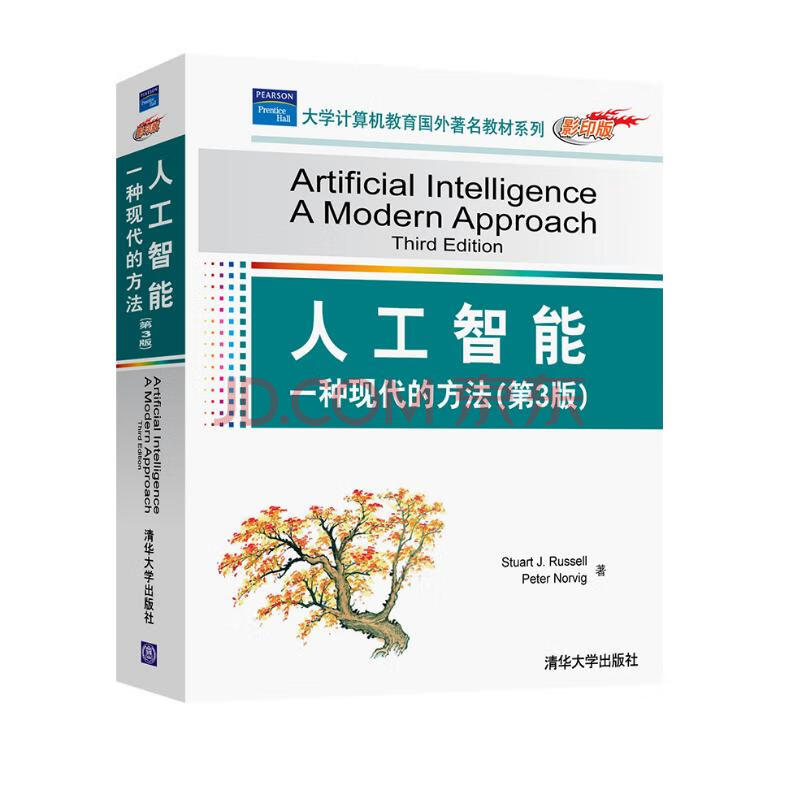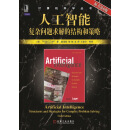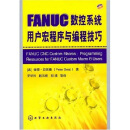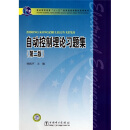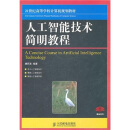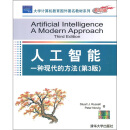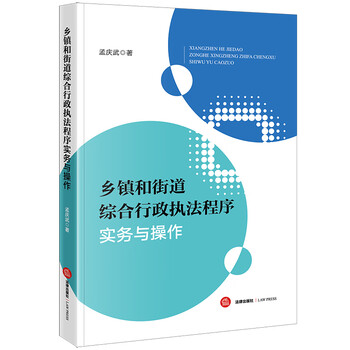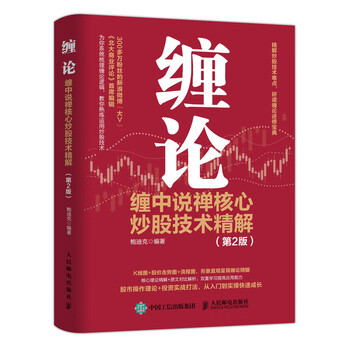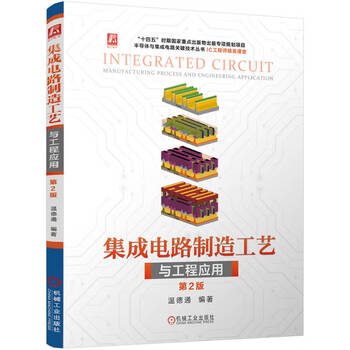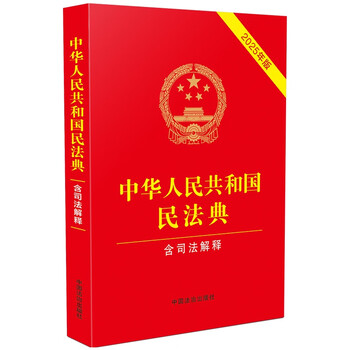内容简介
《大学计算机教育国外著名教材系列·人工智能:一种现代的方法(第3版)(影印版)》专业、经典的人工智能教材,已被全世界100多个国家的1200多所大学用作教材。《大学计算机教育国外著名教材系列·人工智能:一种现代的方法(第3版)(影印版)》的全新版全面而系统地介绍了人工智能的理论和实践,阐述了人工智能领域的核心内容,并深入介绍了各个主要的研究方向。全书仍分为八大部分:一部分“人工智能”,第二部分“问题求解”,第三部分“知识与推理”,第四部分“规划”,第五部分“不确定知识与推理”,第六部分“学习”,第七部分“通信、感知与行动”,第八部分“结论”。《大学计算机教育国外著名教材系列·人工智能:一种现代的方法(第3版)(影印版)》既详细介绍了人工智能的基本概念、思想和算法,还描述了其各个研究方向前沿的进展,同时收集整理了详实的历史文献与事件。另外,《大学计算机教育国外著名教材系列·人工智能:一种现代的方法(第3版)(影印版)》的配套网址为教师和学生提供了大量教学和学习资料。
《大学计算机教育国外著名教材系列·人工智能:一种现代的方法(第3版)(影印版)》适合于不同层次和领域的研究人员及学生,是高等院校本科生和研究生人工智能课的优选教材,也是相关领域的科研与工程技术人员的重要参考书。
目录
Ⅰ artificial intelligence
1 introduction
1.1what is al?
1.2the foundations of artificial intelligence
1.3the history of artificial intelligence
1.4the state of the art
1.5summary, bibliographical and historical notes, exercises
2 intelligent agents
2.1agents and environments
2.2good behavior: the concept of rationality
2.3the nature of environments
2.4the structure of agents
2.5summary, bibliographical and historical notes, exercises
Ⅱ problem-solving
3 solving problems by searching
3.1problem-solving agents
3.2example problems
3.3searching for solutions
3.4uninformed search strategies
3.5informed (heuristic) search strategies
3.6heuristic functions
3.7summary, bibliographical and historical notes, exercises
4 beyond classical search
4.1local search algorithms and optimization problems
4.2local search in continuous spaces
4.3searching with nondeterministic actions
4.4searching with partial observations
4.5online search agents and unknown environments
4.6summary, bibliographical and historical notes, exercises
5 adversarial search
5.1games
5.2optimal decisions in games
5.3alpha-beta pruning
5.4imperfect real-time decisions
5.5stochastic games
5.6partially observable games
5.7state-of-the-art game programs
5.8alternative approaches
5.9summary, bibliographical and historical notes, exercises
6 constraint satisfaction problems
6.1defining constraint satisfaction problems
6.2constraint propagation: inference in csps
6.3backtracking search for csps
6.4local search for csps
6.5the structure of problems
6.6summary, bibliographical and historical notes, exercises
Ⅲ knowledge, reasoning, and planning
7 logical agents
7.1knowledge-based agents
7.2the wumpus world
7.3logic
7.4propositional logic: a very simple logic
7.5propositional theorem proving
7.6effective propositional model checking
7.7agents based on propositional logic
7.8summary, bibliographical and historical notes, exercises
8 first-order logic
8.1representation revisited
8.2syntax and semantics of first-order logic
8.3using first-order logic
8.4knowledge engineering in first-order logic
8.5summary, bibliographical and historical notes, exercises
9 inference in first-order logic
9.1propositional vs. first-order inference
9.2unification and lifting
9.3forward chaining
9.4backward chaining
9.5resolution
9.6summary, bibliographical and historical notes, exercises
10 classical planning
10.1 definition of classical planning
10.2 algorithms for planning as state-space search
10.3 planning graphs
10.4 other classical planning approaches
10.5 analysis of planning approaches
10.6 summary, bibliographical and historical notes, exercises
11 planning and acting in the real world
11.1 time, schedules, and resources
11.2 hierarchical planning
11.3 planning and acting in nondeterministic domains
11.4 multiagent planning
11.5 summary, bibliographical and historical notes, exercises
12 knowledge representation
12.1 ontological engineering
12.2 categories and objects
12.3 events
12.4 mental events and mental objects
12.5 reasoning systems for categories
12.6 reasoning with default information
12.7 the intemet shopping world
12.8 summary, bibliographical and historical notes, exercises
Ⅳ uncertain knowledge and reasoning
13 quantifying uncertainty
13.1 acting under uncertainty
13.2 basic probability notation
13.3 inference using full joint distributions
13.4 independence
13.5 bayes' rule and its use
13.6 the wu

